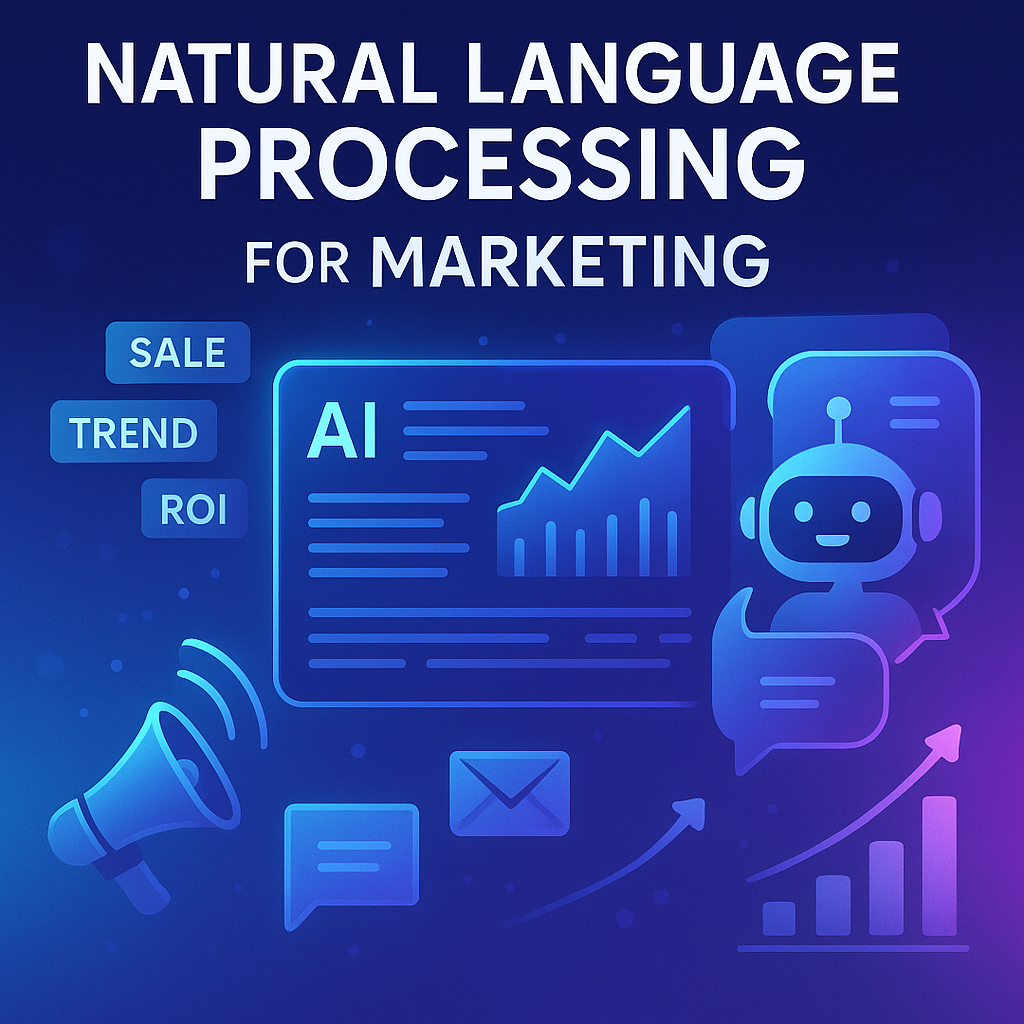Introduction
Artificial Intelligence (AI) has revolutionized eCommerce by enabling personalized experiences, efficient operations, and data-driven decision-making. However, the integration of AI also raises significant privacy concerns, including data collection practices, algorithmic bias, and surveillance. Addressing these issues is crucial for maintaining customer trust and ensuring regulatory compliance.
Key Privacy Concerns in AI-Driven eCommerce
- Extensive Data Collection: AI systems often require vast amounts of personal data to function effectively, raising concerns about how this data is collected, stored, and used. IBM highlights the risks associated with collecting sensitive information without explicit consent.
- Algorithmic Bias: AI algorithms can inadvertently perpetuate existing biases present in training data, leading to unfair treatment of certain customer groups. SwiftERM discusses the importance of addressing algorithmic bias to maintain fairness.
- Surveillance and Tracking: The use of AI for customer tracking, such as facial recognition, can infringe on individual privacy. For instance, Asda's implementation of facial recognition technology faced criticism for potential privacy violations.
Mathematical Insight: Quantifying Privacy Risk
Understanding and quantifying privacy risks associated with AI can be approached through the concept of Information Gain, which measures how much information an AI system learns about a user:
\[ IG = H(P) - H(P|D) \]
Where:
- \( H(P) \): Entropy of the user's private data before AI processing.
- \( H(P|D) \): Entropy after AI has processed data \( D \).
A higher Information Gain indicates greater privacy risk, as the AI system has learned more about the user's private data.
Real-World Examples
- Amazon's AI-Powered Echo: Enhancements to Alexa's conversational abilities have raised concerns about data collection and potential misuse. Lifewire reports on the privacy implications of these advancements.
- WhatsApp's AI Features: The introduction of AI tools with "Private Processing" aims to balance functionality with privacy, but experts still express concerns. Wired discusses the potential risks involved.
Strategies for Mitigating Privacy Risks
- Data Minimization: Collect only the data necessary for AI functionalities to reduce exposure.
- Transparency: Clearly communicate data collection and usage policies to customers.
- Bias Auditing: Regularly assess AI algorithms for biases and implement corrective measures.
- Regulatory Compliance: Adhere to data protection regulations such as GDPR and CCPA to ensure legal compliance.
Further Reading
Conclusion
While AI offers significant benefits to eCommerce, it also introduces complex privacy challenges. By implementing robust data protection strategies, ensuring transparency, and adhering to ethical standards, businesses can harness AI's potential while safeguarding customer privacy.








